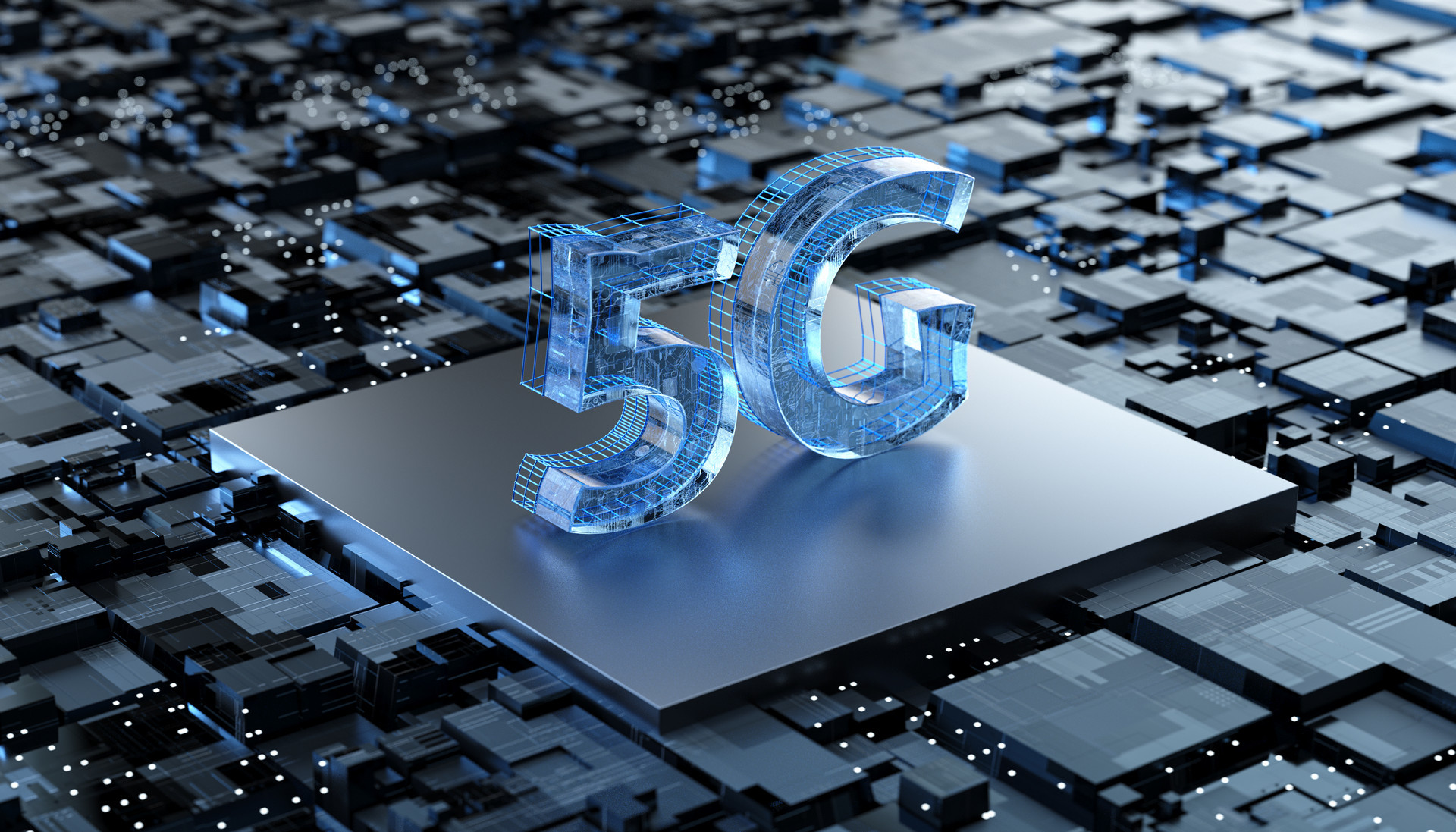The era of whole house intelligence is roaring, who will help consumers realize their dreams of "future home"?
Release time:
2024-05-30
The world is ushering in the intelligence of four major industries, including personal intelligence represented by mobile phones and wearable devices, travel intelligence dominated by car networking and automatic driving, productivity intelligence represented by industrial Internet and intelligent manufacturing, and space intelligence dominated by smart home and smart city, which jointly promote the development of society in the direction of digitalization and intelligence.
Among them, spatial intelligence, as a key part of the "new four modernizations", is closely related to our lives. In the past 40 years, our living space has experienced the 1.0 era of focusing on "function", the 2.0 era of emphasizing "aesthetics", and the current 3.0 era of formal development of "intelligence". The whole house intelligence we are familiar with is the product of 3.0 era. What is the specific development?
Let's look at a set of data from the Ministry of Industry and Information Technology. As the world's largest smart home market, my country's smart home market has increased from 260.8 billion yuan to 715 billion yuan from 2016 to 2023, with an average annual growth rate of more than 16%. The future market prospects are broad. This time at the AWE 2024 site, I obviously felt that the wind of AI hardware had blown into the home appliance circle. All kinds of AI TV and AI air conditioners opened my eyes. They not only "can listen and speak", but also can predict our needs like "eyes" and "brains.
There are many domestic whole-house smart manufacturers participating in this exhibition, which can be roughly divided into three major forces: Internet companies, traditional home appliances and communications manufacturers. Among them, BAT and Jingdong as the representative of the Internet big factory wins in the capital and user traffic, to Gree, the United States as the representative of the traditional home appliances win in the channel and brand barriers. Different from the former two, the rising stars represented by Huawei have absolute advantages in hardware technology. They have self-developed interconnection and chip technology, and are becoming important promoters in the field of whole house intelligence.
However, we found that although there are many big men on the whole house intelligent track, the industry has not formed a consistent understanding of what is "good whole house intelligence", which means that the door of "space intelligence" has not been opened in a real sense.
You should have heard of a famous concept called "impossible triangle", which means that in the process of product development, it is difficult to meet the schedule, quality and cost at the same time. Similarly, Shao Yang found that there are "impossible heptagons" in the field of space intelligence, that is, stability, easy installation, ease of use, advanced sense, flexibility, low cost and life cycle guarantee. In Shao Yang's view, whoever can solve the "impossible heptagon" will win in the market!







